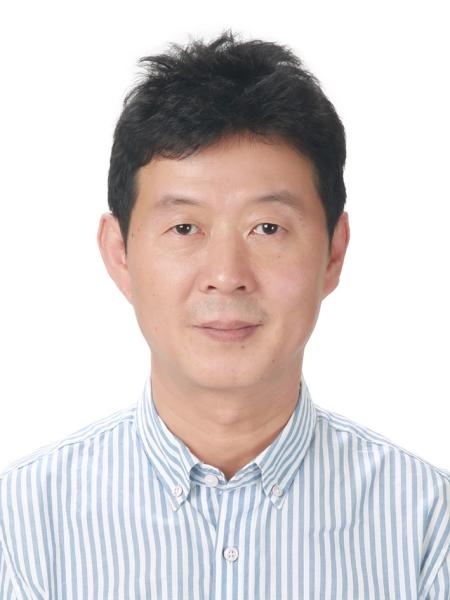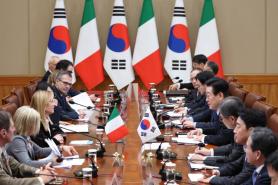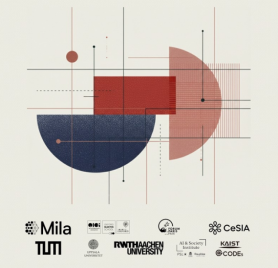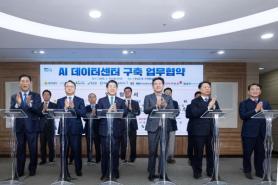
SEOUL, October 21 (AJP) - Artificial intelligence is fast becoming the engine of global economic growth. According to Precedence Research, the global AI market is projected to expand from 1,033 trillion won this year to more than 5,020 trillion won — about $3.68 trillion — by 2034.
That figure is seven times South Korea’s annual budget and roughly half the size of the United States’ federal spending.
Against this backdrop, South Korea has set its sights on becoming a “sovereign AI” nation — one capable of developing and operating its own artificial intelligence technologies and infrastructure without depending heavily on foreign systems.
The government has positioned itself as the “control tower,” coordinating policy and resources, while the private sector — the “playmakers” — are expected to drive innovation, exports and global competitiveness.
But despite this ambitious vision, South Korea remains behind in the race to cultivate AI "unicorns" — startups valued at over 1 trillion won. Since the launch of ChatGPT in November 2022, more than 100 AI unicorns have emerged worldwide. Two-thirds are based in the United States, followed by China and the United Kingdom. Tech giants like Nvidia and Google have invested in nearly half of them. Today, there are 498 AI unicorns globally — but few in South Korea.
Amid this shortfall, Coupang, one of the country’s largest e-commerce companies, has announced a significant investment aimed at nurturing domestic AI startups. In partnership with the government’s “Next Unicorn Project,” Coupang plans to create a 150 billion won AI fund, contributing 75 billion won of its own capital. The fund will provide over 10 billion won each to 14 domestic AI firms, with the goal of accelerating Korea’s AI innovation ecosystem.
Coupang’s move is a rare bright spot in an otherwise underfunded sector. In 2024, South Korea’s private AI investment totaled just $1.3 billion — barely 1 percent of the $109 billion poured into AI by U.S. companies.
Despite the inherent risks, Coupang sees AI as indispensable to national competitiveness, echoing calls from policymakers for deeper private-sector involvement.
Other tech and financial firms have also increased their AI spending, but a broader base of investors is needed to sustain momentum. A single company’s effort, no matter how bold, cannot transform an entire industry.
Building a vibrant AI ecosystem will require collaboration among corporations, universities, and startups — as well as a policy environment that rewards long-term innovation over short-term profit.
For a nation grappling with a shrinking population and slowing productivity, AI is not merely a technological pursuit but an economic necessity. Becoming an “AI powerhouse” will depend on more than government ambition; it will require a private sector willing to take risks, invest deeply, and think globally.
South Korea’s future competitiveness may hinge on whether its entrepreneurs — not just its policymakers — are ready to lead the next wave of intelligence.
* This article, published by Aju Business Daily, was translated by AI and edited by AJP.
Copyright ⓒ Aju Press All rights reserved.



